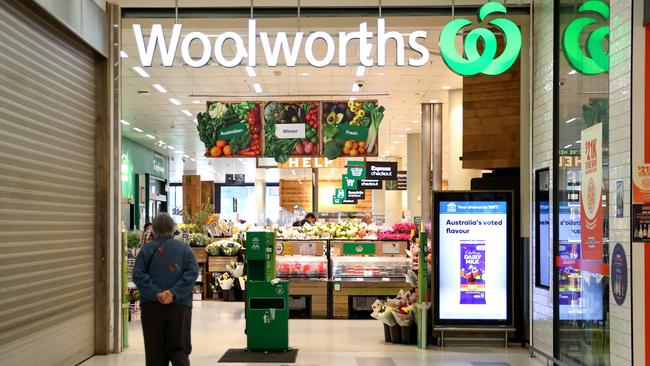Food and Grocery Code: Suppliers fear supermarket black-listing, fines needed
Calls are mounting for a mandatory supermarket code of conduct to give grower-suppliers more negotiating power.

Fruit and vegetable growers want more transparency in price negotiations with supermarkets, and are still fearful of retribution if they raise concerns about unfair trading practices, despite a voluntary code of conduct designed to improve the retailer-supplier power imbalance.
Under the current voluntary Food and Grocery Code of Conduct, Coles, Woolworths, Aldi and Metcash have each appointed a code arbiter responsible for investigating supplier disputes. But from 2020 to 2022, three of the four arbiters didn’t receive a single complaint despite a surge in price negotiations.
Speaking to growers at last week’s Hort Connections conference, Australian Competition and Consumer Commission deputy chair Mick Keogh said one of the reasons suppliers weren’t coming forward with concerns was arbiters had to document discussions in writing.

“That aspect of confidentiality has a very real potential for addressing some of the issues associated with the code,” he said.
“(Fear of retribution) is the most difficult aspect of the whole issue.
“Given the concentration and the dominance of the two retailers, getting black-listed is not just detrimental; it’s the end of your business.”
Independent code reviewer Chris Leptos last year recommended arbiters loosen the requirement for all complaints to be recorded, to give suppliers confidence in confidentially.
After acting on the advice, one arbiter received “20 contacts from concerned parties within a very short period of time after two years of not having a single contact”, Mr Keogh said.

The revelation comes as the ACCC and the Nationals call for the code to be made mandatory, as it is due to be reviewed in October.
“In multiple submissions and responses to government, we have always indicated our belief that a mandatory code is necessary,” Mr Keogh said. “The dairy industry now has a mandatory code in place, and we are seeing each year that play out in the way it should. The essential element of that is we can impose (financial) penalties.”
He also called for government to close loopholes in the code that allowed wholesalers to have non-code-compliant agreements with retailers that undercut grower-suppliers.
Nationals leader David Littleproud said the party would support a mandatory code.
“When the full review of the code comes up in October, the Nationals’ position is quite clear. We want, and we’ll support this government, if they put in place a mandatory code with penalties and if they were to go so far as to (give) divestiture powers, we’d support that,” he said.




